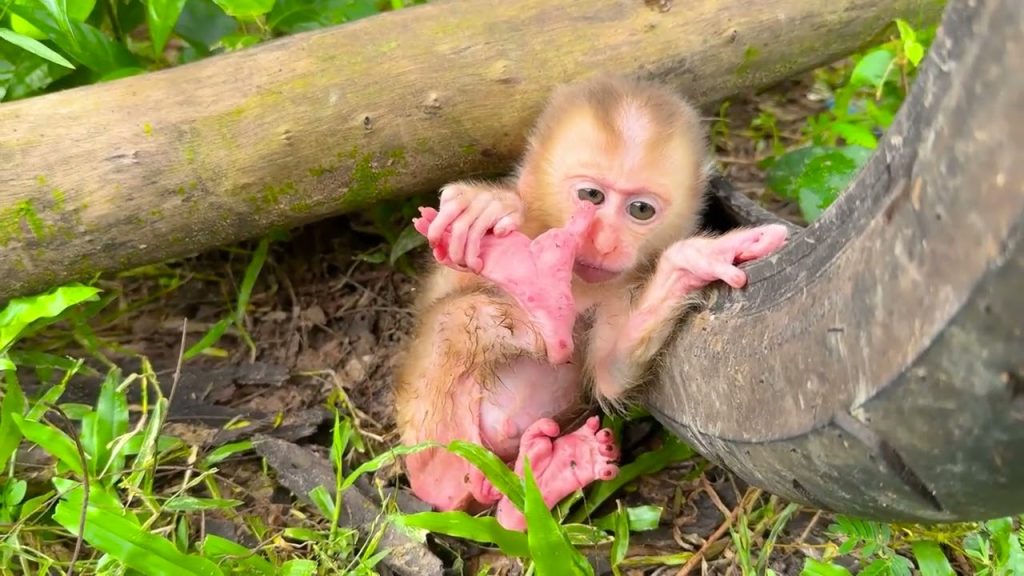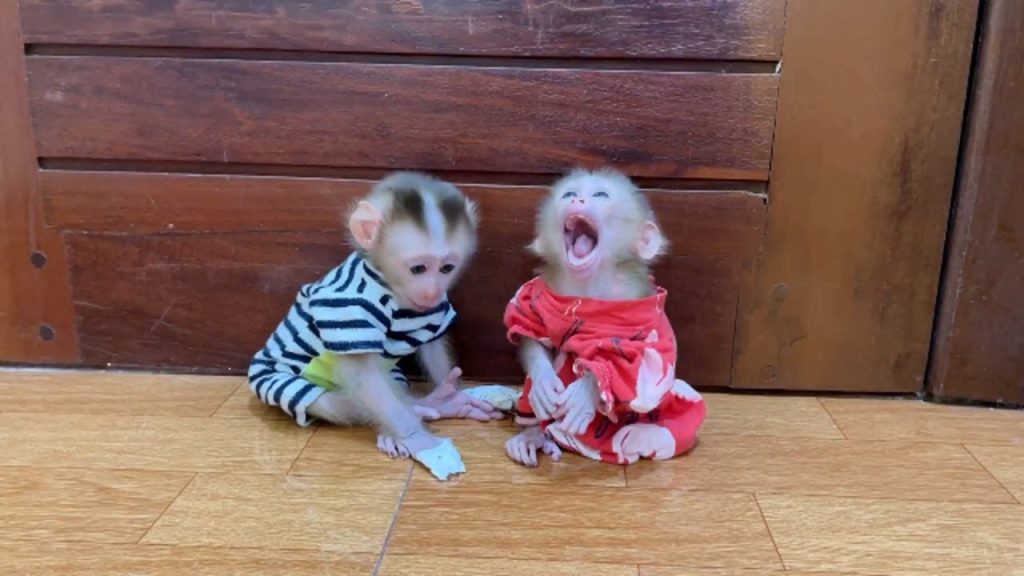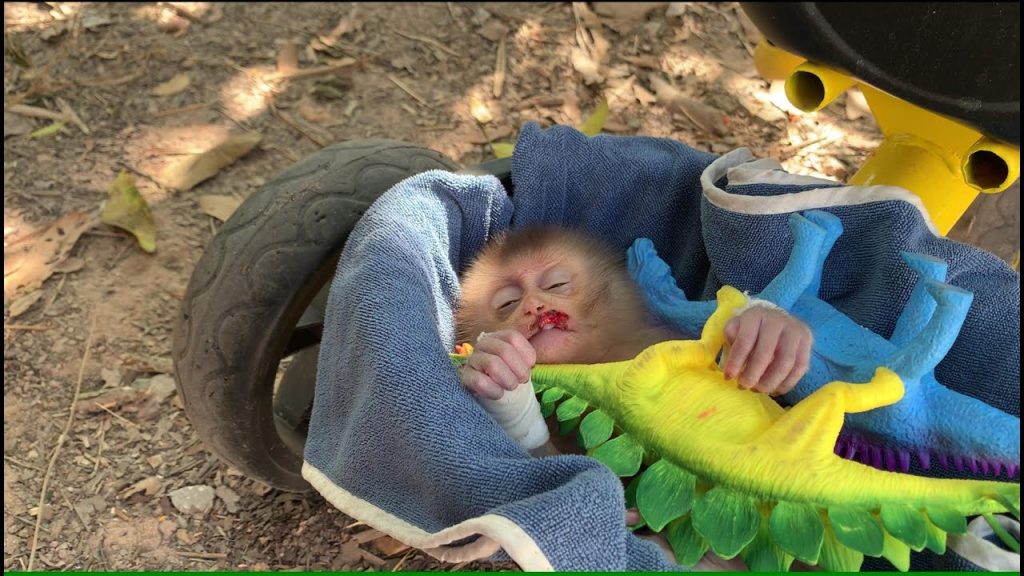
The tiny “little monkey” tantrum is not really about misbehaviour at all — it is a signal of how loud and colourful early-childhood emotions can be when a child’s inner world does not match the outer world in front of them. When dad places a limit, especially after a toddler has already pictured the thing they wanted inside their imagination, the disappointment does not feel small to their nervous system — it actually feels huge. To the adult, the “no” might be responsible, reasonable, even protective. But to the child, the “no” feels like a closed door in a hallway where they only believed open doors existed. So the face crumples. The fists clench. The eyebrows knit downward. The voice rises. The floor may suddenly seem like the most dramatic gravitational destination on earth. This is the tantrum. This is the moment where emotion overwhelms language. This is the little monkey expressing intensity without a translation dictionary.
Yet beneath the noise there is a surprising softness. Many children have not yet experienced a world where desire and affection can coexist with limits. Dad’s limit does not actually remove love, but the child’s brain does not yet know how to hold both ideas at once. So the child interprets the limit as a kind of emotional interruption — a pause in connection — a temporary fracture in belonging. The tantrum is not just frustration, it is a flare signalling, “Can you still find me? Can you still hold me?” And when dad stays calm, breath slow, voice steady — when he sees the storm without fearing it — the tantrum becomes less of a crisis and more of a process. It becomes a tiny rehearsal for future self-regulation. The little monkey learns, gradually, that disappointment is survivable. The nervous system, slowly, learns that a done/finished boundary can exist inside the same universe as safety. One day, the tantrum will not need to be so loud. For now, this is development.


